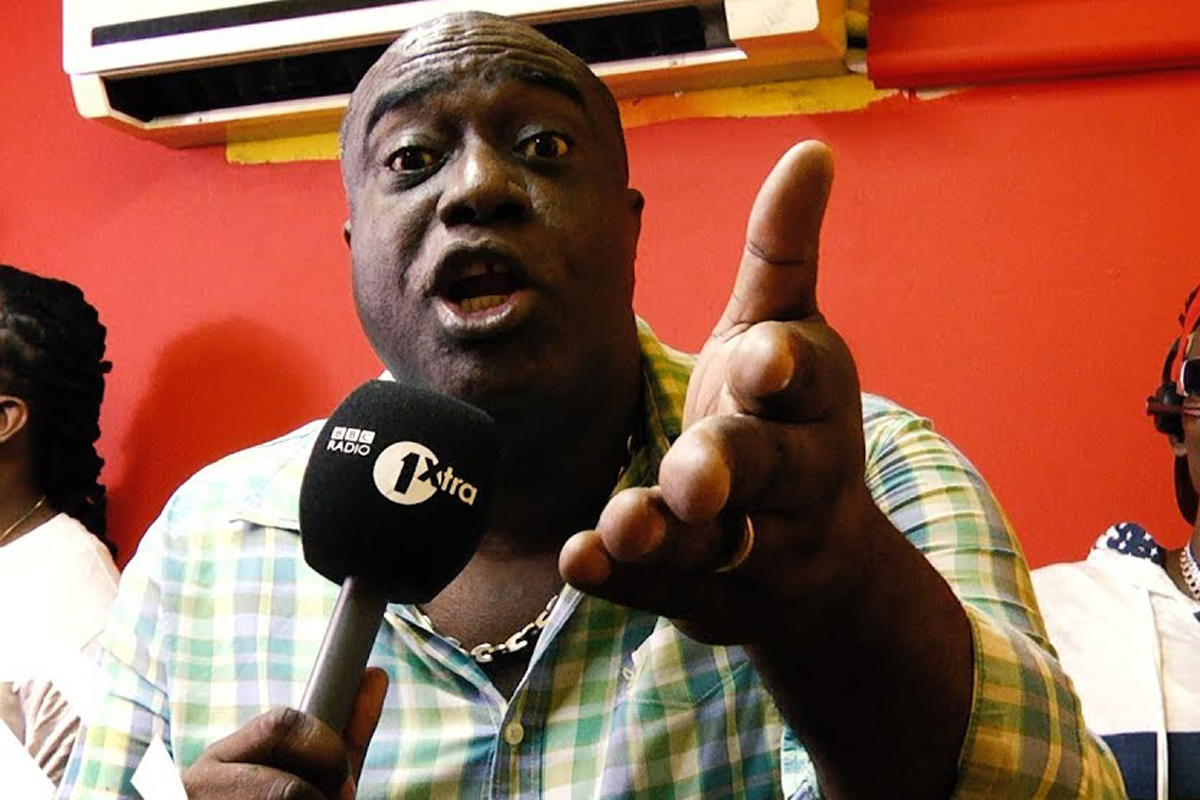Admiral Bailey Says Payola Helped To ‘Mash-Up’ Dancehall

Veteran Dancehall hitmaker Admiral Bailey has fingered payola by unscrupulous radio disc jockeys as one of the key elements which has, over the years, forced Dancehall music on a downward spiral, and held it down for almost two decades.
He said prior to that relatively new phenomenon, which was done with impunity by disc jockeys and greedy sound system selectors, music was played on merit and substandard music was not given precedence.
Payola is the soliciting or accepting of cash from artists and their proxies, in exchange for airplay, and according to the Big Belly Man deejay, it was unheard of in his heydays.
“I remember in those days a numba one song was a numba one song. You didn’t have to pinch the radio man and you didn’t have to pinch the selector,” Admiral said.
“I don’t think is talent of such that change di music. Di music was forced to change because a greed. If a selector a radio disc jock, want to buss particular song, all when it nuh good, him a guh buss it enuh,” he explained.
When asked by veteran entertainment journalist Anthony Miller during Television Jamaica’s The Entertainment Report, whether payola affected him, Admiral said that it surely did, noting that the disc jockeys would have artists as their feeding trees.
“Of course, caw mi naw pay. And mi nuh have dah money deh fi pay eeda. Becaw some a di ridiculous money dem weh yuh hear yuh haffi gi a disc jock, and by two-weeks time, him stop play it, an yuh haffi re-funds him up again. Yuh caan sustain dat,” he added.
The issue of payola was the bane of the Jamaican broadcast industry for many years, and grew to such a scale and scope in the late 2000s, that the Government of Jamaica had to step in, via the Broadcasting Commission of Jamaica, which also sought to criminalize the act.
In February 2013, Executive Director of the Broadcasting Commission Cordell Green declared that it would be made mandatory for “all content for broadcast” to be “received, evaluated and approved through a library”.
“We are intent on cutting out the one-man show, where people who produce music get airplay based on who they know or can pay. The library is to be a central operational feature of broadcasting again,” Green had said at the time.
The Broadcasting Commission had also launched an anti-payola campaign which included Spice as one of the spokespersons.
In recalling the days of 1980s Dancehall, Admiral said that back in his youthful days, all deejays would have to master the craft, and be able to not fall off riddims.
“You have to prove yourself; you have to ride di riddim, In those days that is how people use to rank you a s a good deejay or as a deejay weh naw guh noweh,” he added.
He also recounted how he and his contemporaries such as Lieutenant Stitchie, were responsible for speeding up the tempo of Dancehall from the ‘steady rock’ from the days of their predecessors like Josie Wales days.
After being asked about his multiple explicit songs which he released which were deemed Not Fit for Radio Airplay, among them Gimme Punany Admiral Bailey said that because of that, he used his creativity to pen a version which was fit to be played anywhere, including on radio.
“They couldn’t get played. And to show you how versatile I was at the time, recognizing that that song couldn’t play, I guh back in the studio and reflip it and come out wid Healthy Body,” he said.
“Di gun lyrics come in the late 90s. Yeh, wid Ninja man kinda change di flow dah way deh wid Shabba Oil Up All A Di Gun… carry it day way deh. But inna our days , we used to mostly deejay fi di ladies or wi guh reality,” he said.
